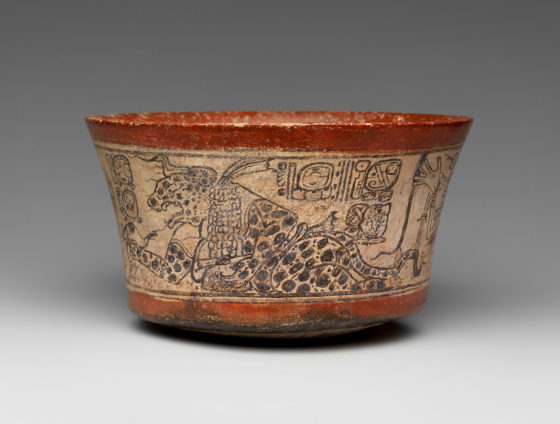Gossip, enemas and blind dates: three Dutch scientists win Ig Nobel awards


Three Dutch scientists have won recognition in this year’s Ig Nobel awards, the name given to annual parody prizes for scientific achievements that ‘make people laugh and then think’.
Leiden University’s Mariska Kret was one of the team winning the applied cardiology prize which found evidence that when new couples meet on a blind date, and feel attracted to each other, their heart rates synchronise.
‘I was very happy to get the news,’ the professor, who carried out some of the research at festivals such as Lowlands, told the Volkskrant. ‘I know of a number of previous Dutch winners and they got a lot of attention.’
Retired professor Peter de Smet and colleague Nicholas Hellmuth were awarded the prize for art history for their research which showed the ancient Maya used enemas to get high. The research actually dates back to 1986. ‘I thought it was spam when I got the mail,’ De Smet told the paper.
VU University social psychologist Paul van Lange was part of the team which took home the Ig Nobel for peace, for developing an algorithm to help gossipers decide when to tell the truth and when to lie.
‘I love what I do, so whatever you say about the prize itself, we are now talking about it. And that is something I like,’ he told the Volkskrant.
Previous Dutch winners include researchers at Eindhoven University of Technology who took the top prize for physics last year for their study of how people avoid bumping into each other in crowds.
And in 2020, a Dutch Belgian team of scientists were awarded an Ig Nobel for diagnosing a disorder that makes people see red when they hear others chew, snore or sneeze.
Thank you for donating to DutchNews.nl.
We could not provide the Dutch News service, and keep it free of charge, without the generous support of our readers. Your donations allow us to report on issues you tell us matter, and provide you with a summary of the most important Dutch news each day.
Make a donation